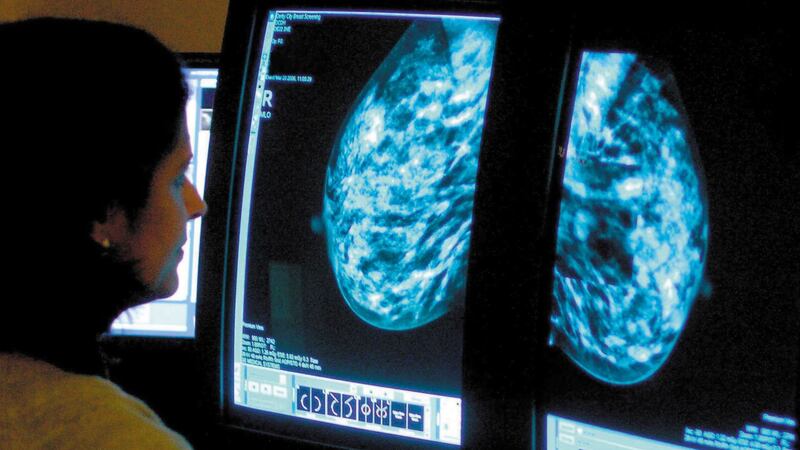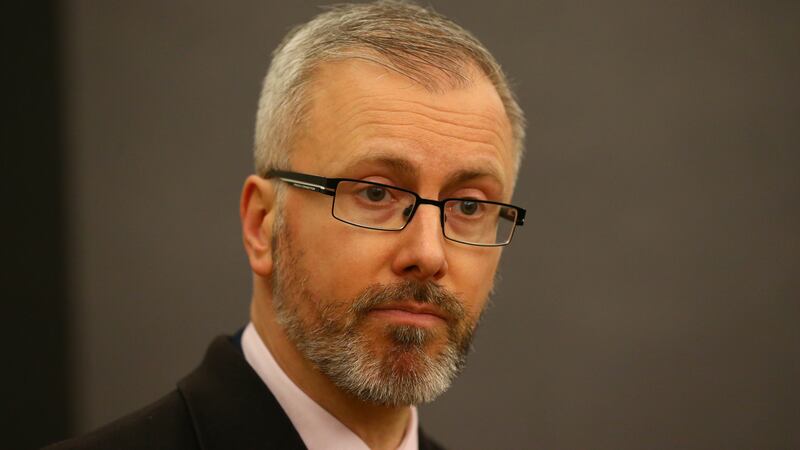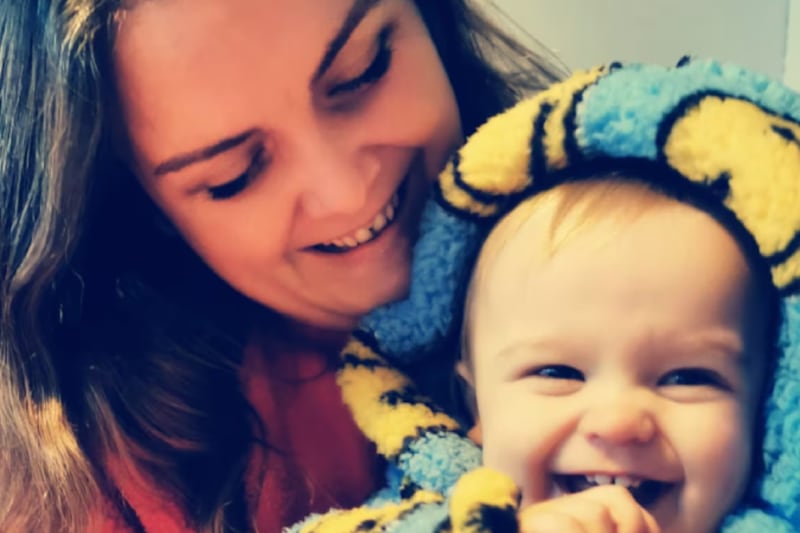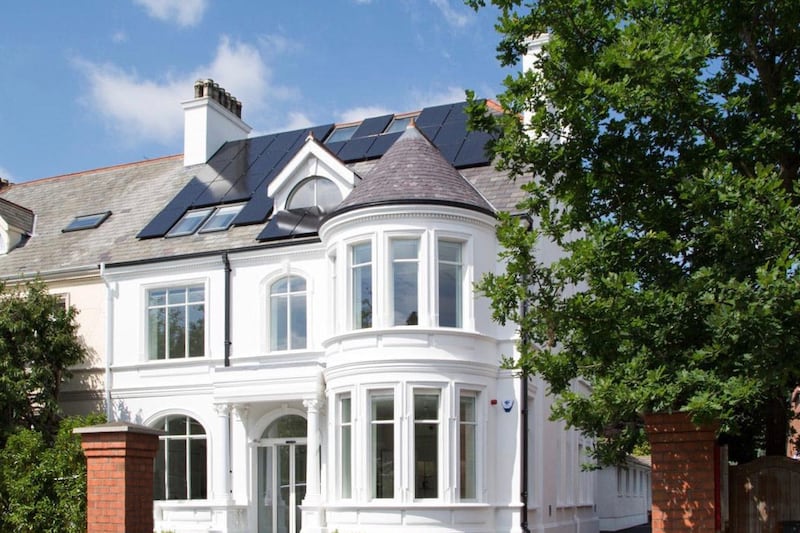CANCER specialists in the Republic of Ireland believe rates of the most common forms of the disease may have peaked or are falling.
Research from the National Cancer Registry showed the chances of men suffering prostate, colorectal and lung cancer are now declining or are static.
And it revealed the incidence of breast cancer, the most common form of the disease in women, has fallen since 2008 after consistent increases since 1994.
In its latest annual report the registry said the decline in numbers was positive, even though the total number of cases of cancers continues to rise, mainly due to the Repubilc's ageing and growing population.
It warned lung cancer was continuing to increase among women, possibly reflecting the number of women who were smoking in previous decades.
Professor Kerri Clough-Gorr, director of the registry and Professor of Cancer Epidemiology at University College Cork, said cancers account for more than 30 per cent of deaths in Ireland.
"Its prevention must be a high public health priority," she said.
The incidence trend in male cancers is encouraging, as we no longer see an increase in rates for the three main male cancers.
"Whether these improvements will be sustained remains to be seen. Cancer rates in women also seem to have plateaued due to a recent decline in breast cancer, but female lung cancer rates continue to rise, and it is now the second most common major cancer in women.
"There is a large and growing number of cancer survivors in our community which will need to be facilitated by expansion of cancer support services in the coming years."
The research found there is a one in three chance a man will be diagnosed with a form of cancer and a one in four chance for women.
But it also said there is about a one in eight chance that a man will die from a form of the disease and a one in 10 chance for women.
The registry recorded about 37,600 new tumours in patients each year from 2012 to 2014 and in those years on average 8,655 people died each year from cancer. The disease is the second biggest killer in Ireland.
The researchers said at the end of 2014 there were 139,526 persons who had been diagnosed with a cancer in the previous 21 years and were still alive.







